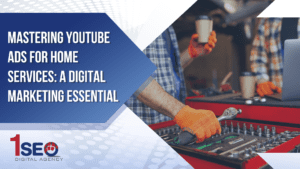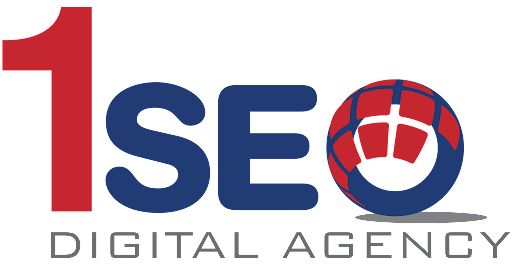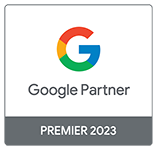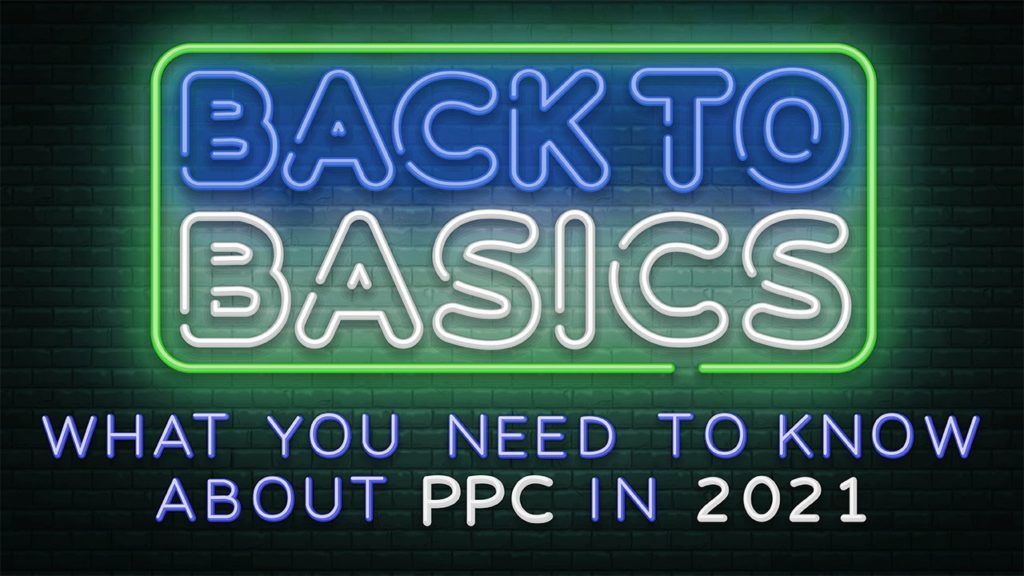It’s key for those using cookie-based targeting technologies to change course and implement a plan that utilizes first-party data. This will help customize campaigns that meet a wider array of needs and brand objectives.
Automating Paid Advertising
Automation means giving the majority of control to the search engine algorithms, letting them determine where you can best achieve objectives set within campaigns. Most assume this means automatic bidding strategies, but it can be as straightforward as using scripts in the account to save you time when it comes to auditing, optimizations, and reporting.
There are, undoubtedly, limitations to automation in general. Human input is required in an account before any automation to ensure there exists historical data for the algorithms to go off of. Here are some examples to introduce automation:
Responsive search ads: This involves providing Google with several headlines and description variations, permitting the algorithm to rotate and show the best performing ad copies. This will result in seeing what variations deliver the strongest CTR, clicks, and engagement metrics.
Match type changes: In 2019, Google announced they’ll begin rolling out close variants for phrase match and broad match modified keywords. This falls in line with last year’s update that raised some eyebrows in the search marketing sphere — when Google made an “exact match” something of a misnomer.
Automation, and all its hands-off processes, does not mean you set it and forget it. In fact, there are many opportunities, experiments, and testing you can move forward with based on the data of your automation. It’s critical to have an extensive negative keyword list and that you analyze all search terms regularly.
PPC Tips for Specific Industries
The above points are essential to take into consideration — regardless of your industry or vertical. However, there is advice suitable for certain businesses:
PPC for Home Services
When it comes to home service companies — plumbers, electricians, HVAC technicians, roofers, painters, pool specialists…the list goes on — establishing yourself as the go-to in your community is imperative. While word-of-mouth referrals, maintenance contracts, and repeat customers all feed heavily into the ongoing revenue stream, targeting local keywords in your ad campaigns are going to be imperative in furthering your being a pillar of the community. Also, excluding specific keywords from search ads may prove fruitful, and allocating resources toward a mobile-first era is wise.
Speaking of paid advertising, ensure your Google Local Service Ads (LSAs) are relevant and up-to-date for your home service. LSAs put you at the very top of search results, and shows customers you’re qualified. As opposed to a pay-per-click model, LSAs operate via pay-per-lead — helping lower your costs.
PPC for eCommerce
There’s no getting around it: COVID-19 has ushered in a new era of eCommerce. With everyone turning to the web to order products and generally spending more time at home and on the internet, eCommerce businesses’ target audience has scooted their seat up even closer to the stage — and performing well is imperative in grabbing attention. When it comes to PPC for your eCommerce store, A/B testing is more important now than ever. By contrasting numerous variables and adjusting as needed, you can dial in your strategic business decisions to increase brand awareness, drive conversions, and secure customers for life.
Akin to LSAs, Google Shopping Ads is an effective tool for eCommerce businesses, allowing them to display product images at the top of the SERPs and showcase advantages of different products without requiring the searcher to do the legwork.
PPC for Professional Services
Aside from targeting long-tail keywords and adjusting geolocation settings, ensuring the landing pages you have set up for your professional service is key in not just getting eyes on your site — but getting clients to enlist your services. Whether you work at a healthcare facility, law firm, engineering group, or accounting firm, those who click on your ads will most likely demand quick-glance information about your value propositions. Engaging content, featured testimonials, and originally-produced videos will continue to be paramount.
Make Every Click Count in 2021 With Digital Marketing Experts
Are you ready to fulfill your “new year, new me” goal when it comes to your business’ digital marketing efforts? Turn to our experts! We offer a full suite of digital marketing services that will keep you on the cusp of emerging trends and industry-wide evolutions when it comes to SEO, content marketing, and of course, PPC.
To learn more about how we can take your digital marketing to the next level this year, contact us today!










